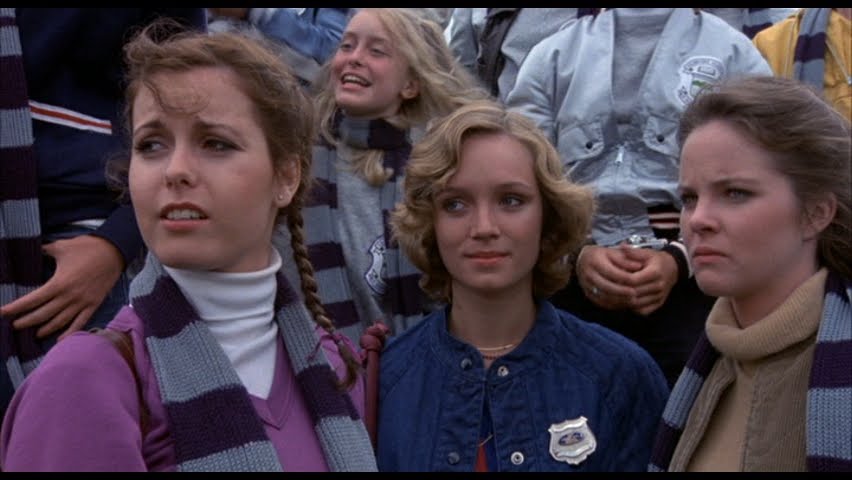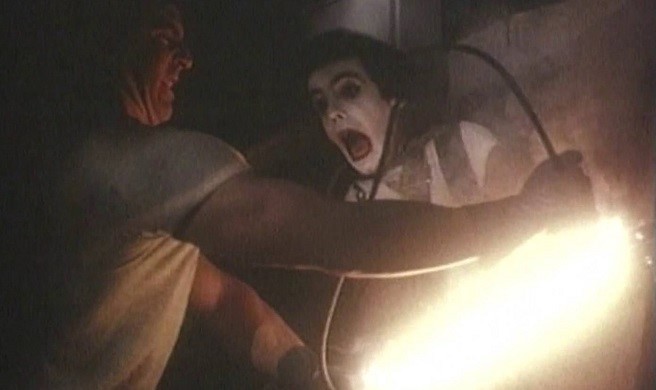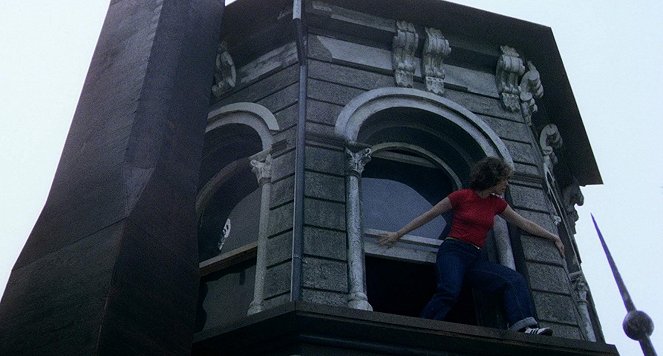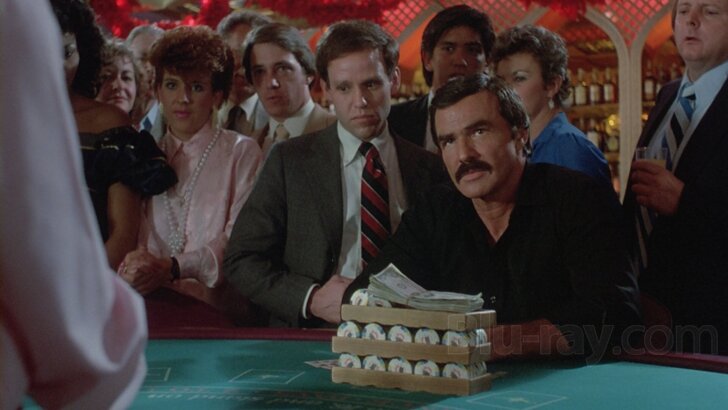Directed by J. Lee Thompson
Written by Timothy Bond, Peter Jobin and John Saxton
Starring:
- Melissa Sue Anderson as Virginia Wainwright
- Glenn Ford as Dr. David Faraday
- Lawrence Dane as Hal Wainwright
- Sharon Acker as Estelle Wainwright
- Frances Hyland as Mrs. Patterson
- Tracey E. Bregman as Ann Thomerson
Rating: ![]()
J. Lee Thompson’s Happy Birthday to Me stands as perhaps the most idiosyncratic entry in the archetypal canon of 1980s slashers. A curious outlier, this Canadian-produced ersatz giallo distinguishes itself through its singular vision, one that subverts the genre’s mechanical conventions with an audacious, if uneven, sense of purpose. Its ambition lends it a peculiar prestige—rare for a genre so often defined by formula—but that same ambition also exposes its structural shortcomings. Bold and cunning though it may be, the film’s complexity often tips into convolution. Yet, even in its stumbles, Thompson’s psychotic jigsaw of a thriller never ceases to engage, holding its audience in a state of perpetual disorientation.
At the film’s heart is Virginia, played by Melissa Sue Anderson in a remarkable departure from her television roots. Virginia is a striking, unpredictable student at the elite Crawford Academy, a member of its exclusive “Top Ten”—a clique of affluent teens who congregate at the Silent Woman tavern after class. But the veneer of privilege proves fragile, as a black-gloved killer begins dispatching the group one by one, for motives as cryptic as they are shocking. On the surface, this setup feels familiar, even rote—a standard slasher template. But underneath lies something more literate, more intricate. The script, echoing the structure of an Agatha Christie mystery, prioritizes psychological misdirection and narrative subterfuge over the exploitation-fueled body count typical of its peers.
The film introduces a dense roster of suspects—among them, a surprisingly subdued Glenn Ford as Virginia’s psychiatrist—and gradually evolves from stylistic disarray into a surreal, fragmented whodunit. Thompson’s direction is self-conscious and often overwrought, but undeniably compelling. There’s a strange pleasure in watching a slasher strive for more than mere bloodletting, as the filmmakers seem genuinely invested in outwitting their audience. The film is riddled with twists—some effective, others bewildering—but always in service of its central theme: the instability of identity and memory. Anderson’s performance is key to this. Her portrayal of Virginia oscillates between innocence and madness, grounding the film’s delirium in something psychologically resonant.
That delirium infects the entire mise-en-scène. With each revelation, the narrative seems to unravel and recombine, pulling viewers deeper into its fractured world. Every time we feel we’ve solved the mystery, the film slips from our grasp—its shifting logic refusing coherence in favor of sensation. There’s a deliberate strategy here: misdirection not as a gimmick, but as a philosophy of storytelling. Unfortunately, the execution doesn’t always match the ambition. The twists, while shocking, often feel misplaced—inserted for effect rather than earned through narrative momentum. As a result, the film squanders some of its inventiveness, letting its ingenuity drown in a morass of haphazard construction.
It’s a tantalizing near-miss. Happy Birthday to Me could have been one of the genre’s most inventive achievements, had it possessed a keener sense of narrative architecture. Still, there’s something undeniably seductive about its imperfect vision. Thompson’s direction is resolute, Anderson’s performance magnetic, and the film’s disorienting structure—however clumsy—lures us into its lurid dreamscape. The deaths may not match the sensationalism of the advertising, but the film delivers on something rarer: originality. Not refined, but fascinating; not cohesive, but unforgettable.









